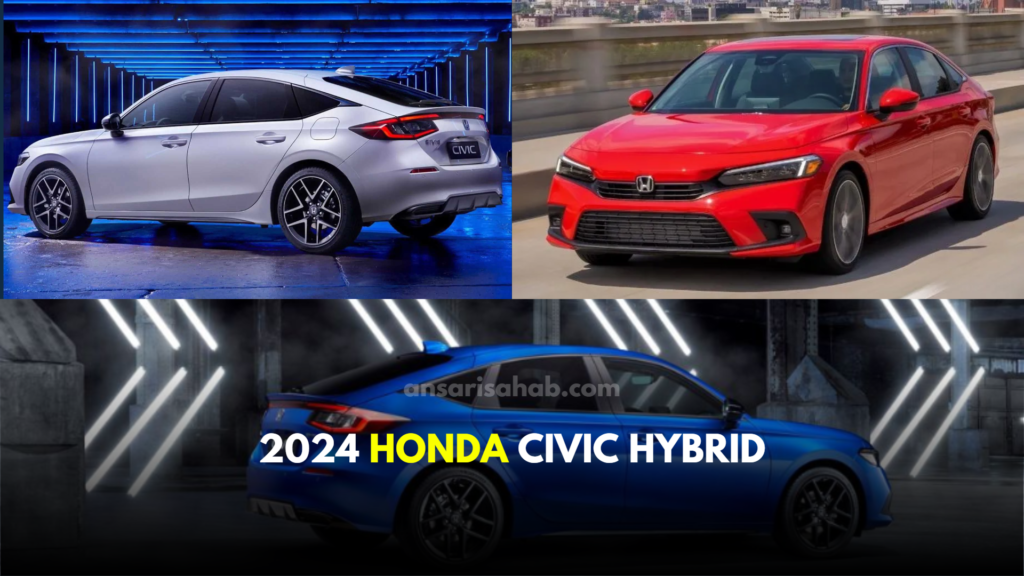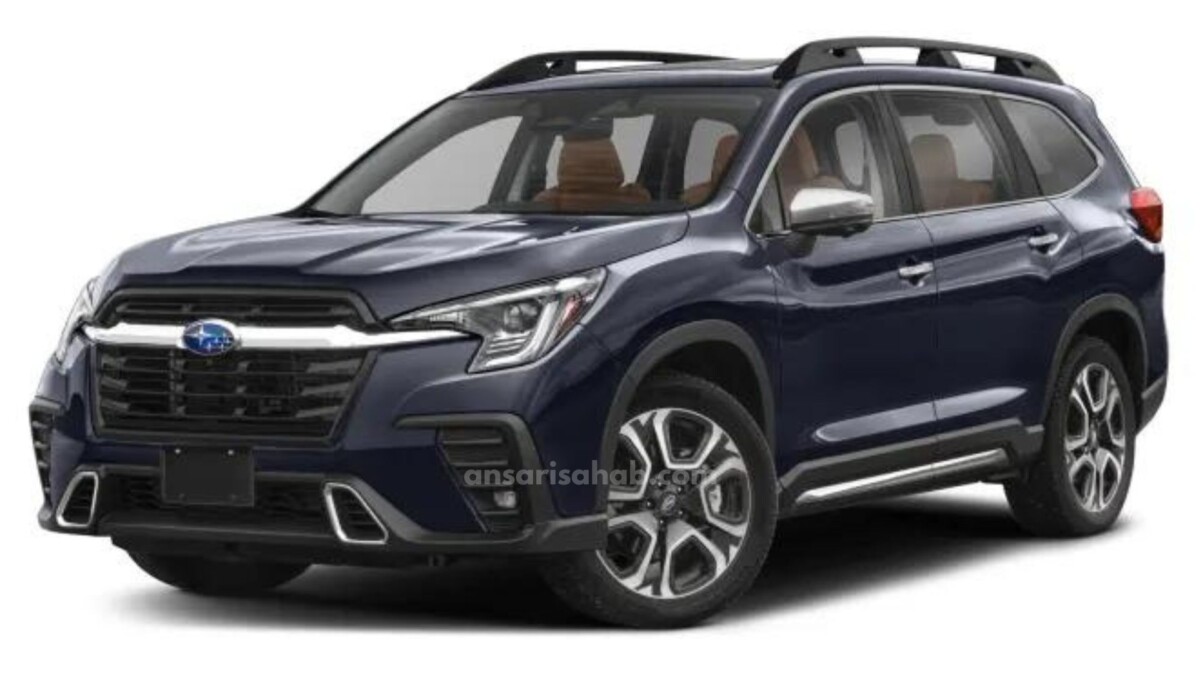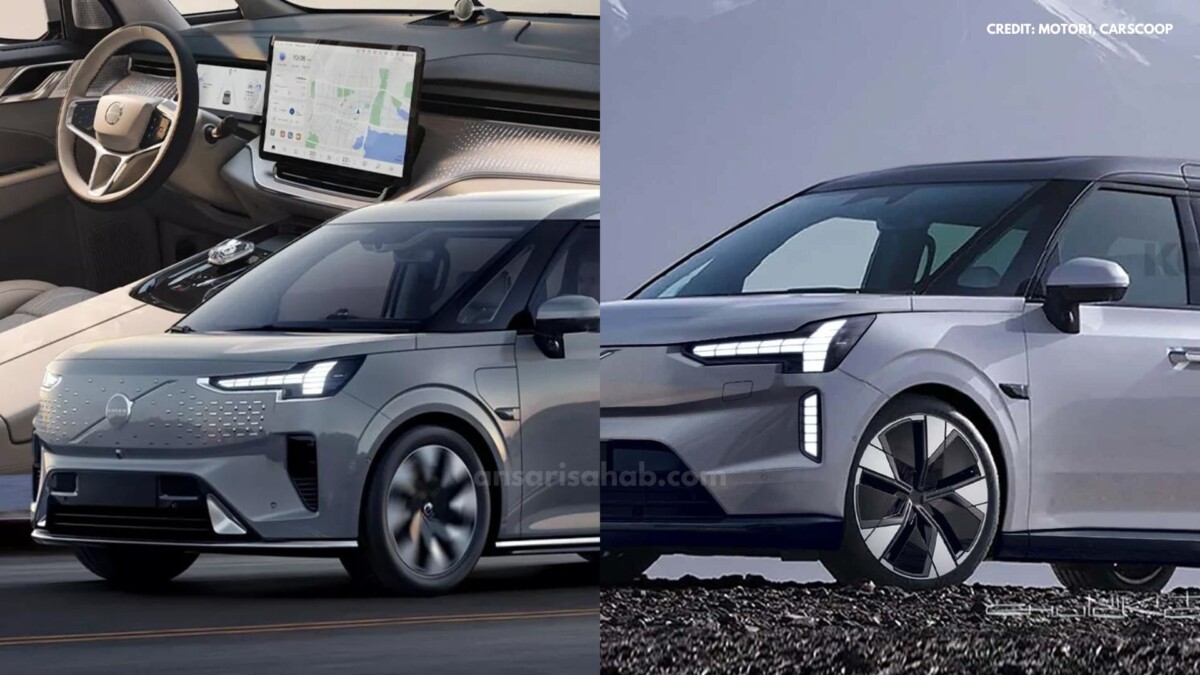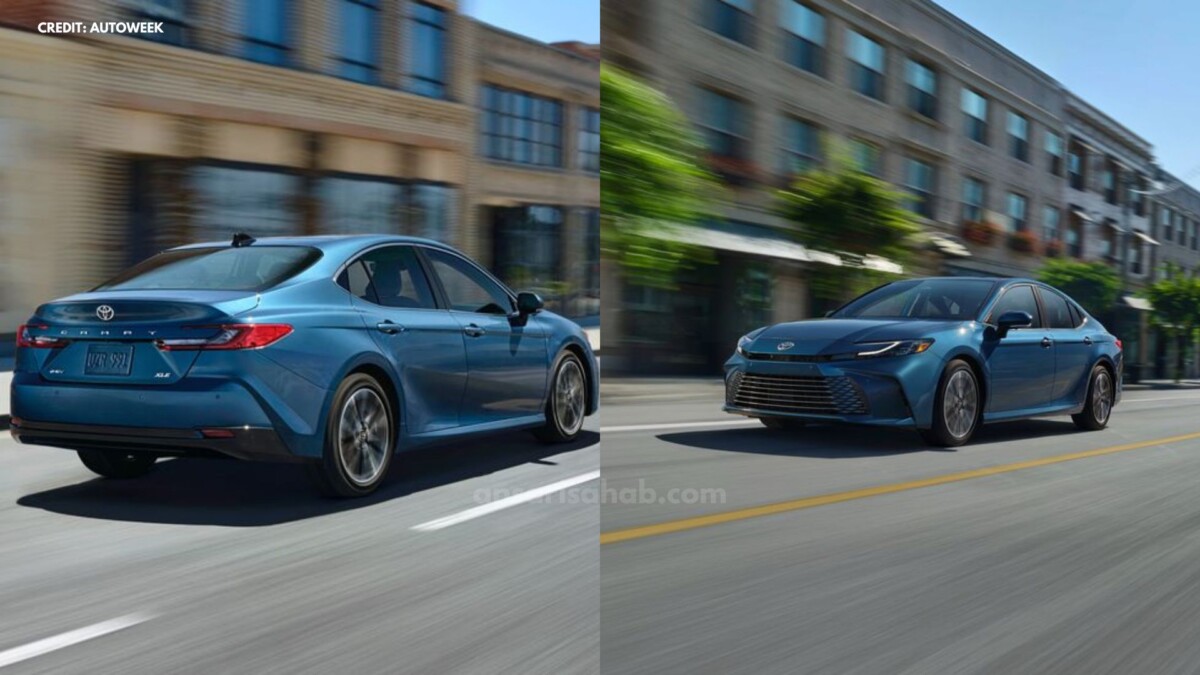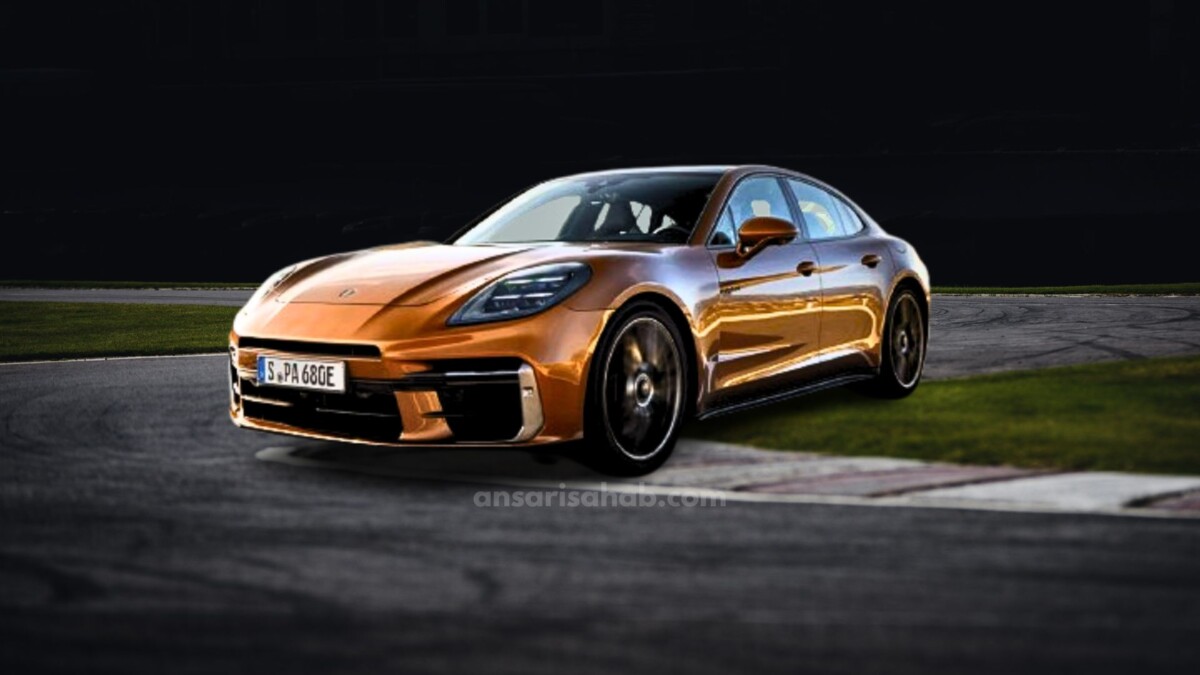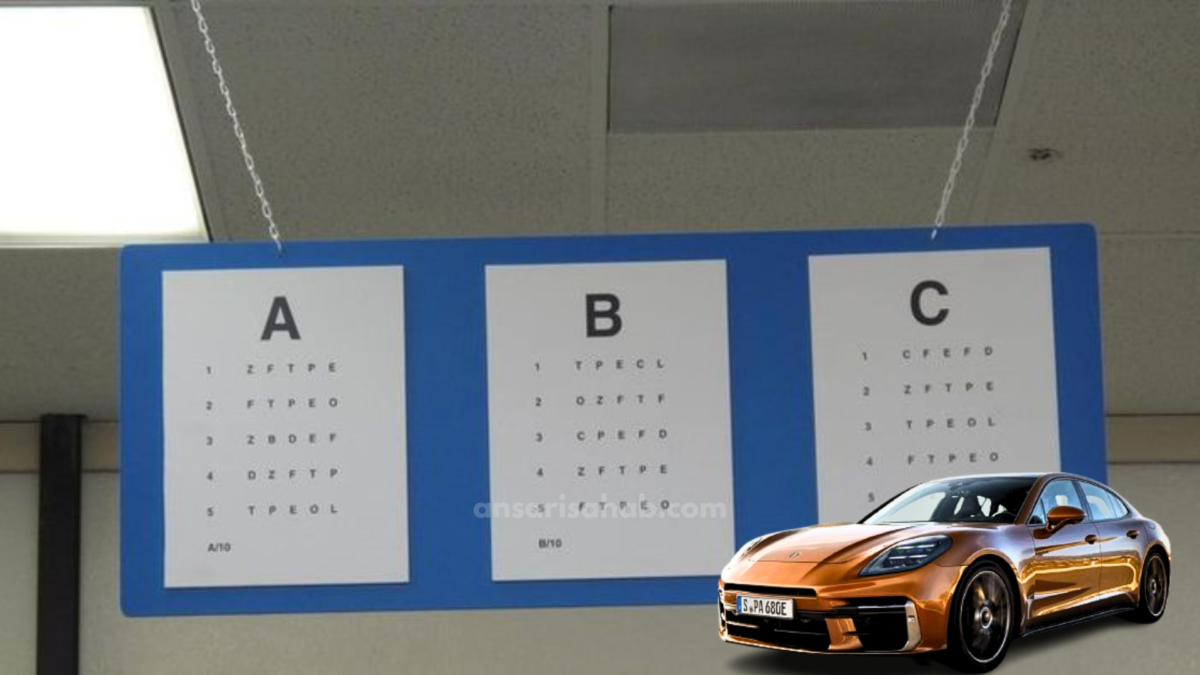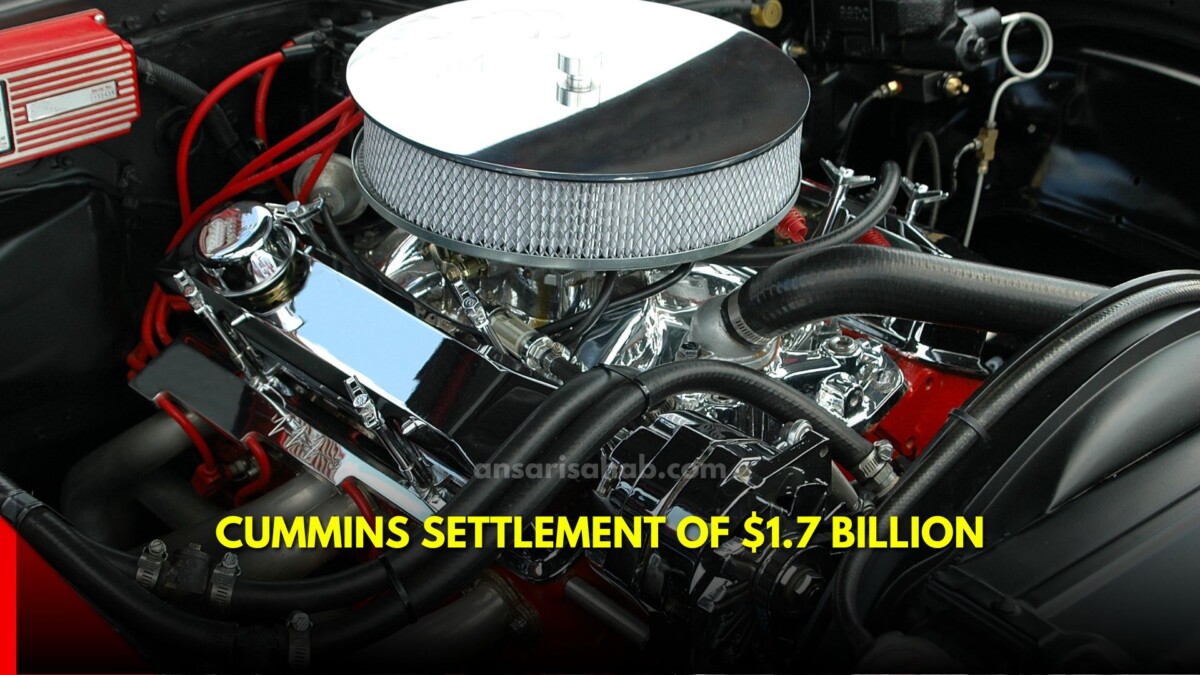When shoppers search Tesla Model 3 vs Toyota Corolla fuel efficiency, they’re really asking two things: “How far will each car go on a unit of energy?” and “How much will it cost me to drive—today, in my city?” Because an EV uses electricity (rated in MPGe/kWh per 100 miles) and a gasoline car uses petrol (rated in MPG), you need a clean apples-to-apples view to make a smart decision. Below, we convert the latest official figures into everyday language, compare city vs highway outcomes, and walk through cost-per-mile logic you can adapt to your local prices.
The headline numbers—EPA efficiency, at a glance
- Tesla Model 3 (2025):
The updated Model 3 lineup posts ~137 MPGe combined for the Long Range RWD variant (EPA), with other trims between roughly 128 MPGe and 109 MPGe depending on configuration. In energy terms, that’s about 25–26 kWh per 100 miles for the most efficient version. - Toyota Corolla (2025, gasoline):
The mainstream Corolla sedan (2.0L) delivers about 35 MPG combined (≈32 city/41 highway). The Corolla Hatchback is similar. - Toyota Corolla Hybrid (2025):
If you’re cross-shopping high efficiency only, the Corolla Hybrid boosts economy to as high as ~50 MPG city / 43 MPG highway (trim-dependent), with some trims noted in the low-50s combined.
Quick decoder: MPGe converts electricity to a gasoline-equivalent using 33.7 kWh = 1 gallon of gas—so you can compare EVs and gas cars on the same scale.
MPGe vs MPG explained (so your brain doesn’t melt)
- MPG (gas cars): Miles per gallon of petrol. Higher is better.
- MPGe (EVs): Miles per “gallon-equivalent” of energy. The EPA pegs 33.7 kWh as the energy in one gallon of gasoline; if an EV can travel 137 miles using that much electricity, it’s 137 MPGe. Think of MPGe as a translation layer—handy for comparing a Model 3 and a Corolla at a glance.
- kWh/100 miles (EVs): Many engineers prefer this—it’s like “liters/100 km” for electricity. The 2025 Model 3 Long Range is around 25 kWh/100 mi, which equals ~4.0 miles/kWh.
Realistic efficiency matchups you can actually use
Because trims vary, here are apples-to-apples comparisons you’ll likely consider:
Scenario A: Model 3 Long Range vs Corolla (gas)
- Model 3 Long Range (2025): ~137 MPGe (≈25 kWh/100 miles).
- Corolla LE (gas, 2025): ~35 MPG combined.
What it means: On pure energy efficiency, the Model 3 is far more efficient than a gas Corolla (an inherent advantage of electric drivetrains). If electricity is reasonably priced in your area, cost per mile will typically favor the EV.
Scenario B: Model 3 Long Range vs Corolla Hybrid
- Model 3 Long Range (2025): ~137 MPGe.
- Corolla Hybrid (2025): up to ~50 MPG city / 43 highway, with trims commonly around the high-40s to low-50s combined.
What it means: The Corolla Hybrid dramatically narrows the efficiency gap versus the Model 3 and, depending on your local electricity vs petrol prices, can sometimes undercut the EV on operating cost—especially where electricity is expensive or gas is cheap.
Converting efficiency into cost per mile (the part your wallet cares about)
You can estimate your own cost with two quick formulas:
- Model 3 electricity cost per mile
= (Local electricity price per kWh) × (kWh per 100 miles ÷ 100)
For the Long Range: ≈ 25 kWh/100 mi. - Corolla petrol cost per mile
= (Local petrol price per gallon) ÷ (MPG)
Example (illustrative only):
- Electricity: $0.15/kWh → Model 3 ≈ 25×$0.15 / 100 = $0.0375/mi (~3.8¢ per mile).
- Petrol: $4.00/gal → Corolla gas (~35 MPG) = 4.00 / 35 = $0.114/mi (~11.4¢ per mile).
- Petrol: $4.00/gal → Corolla Hybrid (~50 MPG) = 4.00 / 50 = $0.08/mi (8¢ per mile).
Swap in your local rates and you’ll see the break-even: the higher your electricity price or the lower your petrol price, the more competitive the Corolla Hybrid becomes. Conversely, cheap electricity (or home solar) gives the Model 3 a major advantage.
City vs highway—where each shines
- Stop-and-go city driving:
Hybrids and EVs both thrive here; hybrids recapture energy through regenerative braking and keep the engine off at low speeds, while EVs are inherently efficient at low load. That’s why Corolla Hybrid city MPG can edge highway, and why Model 3 maintains high MPGe in the city. - Highway cruising:
Aerodynamics rule. The Model 3 remains very efficient thanks to its low drag and single-speed drive, but speed and wind increase consumption. Hybrids often see a mild dip from their city best; the Corolla Hybrid’s highway rating (~43 MPG depending on trim) reflects that.
Range and refueling/charging reality
- Model 3 range: The 2025 Long Range variant is rated around 363 miles. That’s generous for an EV and, with home charging, means you rarely “visit” a station for daily life. On road trips, planning around high-speed chargers is required.
- Corolla range: With a ~13-gal tank and ~35 MPG (gas model), you’re looking at ~450+ miles per tank. The Corolla Hybrid, with ~50 MPG, stretches even farther between fill-ups and refuels in minutes.
Takeaway: If you often drive long distances in rural areas with sparse fast-charging, the Corolla (especially Hybrid) offers worry-free range and fast refueling. For daily commuting with home charging, the Model 3 is ultra-convenient—leave home “full” every morning.
Total ownership efficiency—bigger picture than the window sticker
“Fuel efficiency” extends beyond the energy number printed on a label:
- Maintenance load: EVs have fewer moving parts, no oil changes, and generally lower routine maintenance. Hybrids (like the Corolla Hybrid) still offer low upkeep compared with many gas cars, but can’t beat the simplicity of an EV.
- Tires: EVs’ instant torque and weight can mean faster tire wear; choose low-rolling-resistance tires and check alignment.
- Climate impact: EVs have zero tailpipe emissions, but actual lifecycle emissions depend on your electricity mix. Still, in most regions, the EV wins on total CO₂ per mile after a modest break-even period.
- Home charging vs public charging: Home off-peak rates or solar can slash your per-mile cost. Frequent DC fast charging is convenient but pricier—narrowing the operating-cost gap with hybrids.
Who wins the “Tesla Model 3 vs Toyota Corolla fuel efficiency” showdown?
For pure energy efficiency and typical daily cost per mile:
- The Tesla Model 3 (especially the Long Range) is the efficiency champion in most markets, with ~137 MPGe and ~25 kWh/100 mi consumption. If you can charge at home at a reasonable rate, it’s very hard to beat on operating cost.
For flexibility and highway range with great fuel economy:
- The Toyota Corolla Hybrid is the stealth efficiency hero—~50 MPG city and high-40s combined without any charging stops. In regions with expensive electricity or cheap petrol, it may deliver lower total running costs than an EV, especially for drivers doing frequent long-distance trips.
For lowest purchase price with good MPG:
- The standard Corolla remains a budget-friendly efficiency pick at ~35 MPG combined. If upfront cost matters more than ultimate efficiency, it’s a smart, simple choice.
Buyer cheat-sheet (optimize for your use case)
- Mostly commute + home charging available: Choose Model 3 for the lowest day-to-day cost and the convenience of waking up “full.”
- Frequent road trips, rural drives, or apartment living: Corolla Hybrid balances high MPG with instant refueling—no charging hassle.
- Tight budget, still want efficiency: Corolla (gas) keeps fuel spend modest and ownership simple.
Conclusion: Your most efficient sedan depends on where—and how—you drive
For most daily drivers with access to home charging, the Tesla Model 3 is the clear efficiency and running-cost winner. Its ~137 MPGe rating and ~25 kWh/100 miles consumption translate into penny-per-mile savings in many regions. If you prioritize long-range flexibility and instant refueling (or you pay steep residential electricity rates), the Toyota Corolla Hybrid is a phenomenal efficiency play that can rival or even beat the EV on total running costs. Either way, use the quick cost-per-mile formulas above with your local prices—and you’ll have a precise, personalized answer to the Tesla Model 3 vs Toyota Corolla fuel efficiency question.
FAQs
Yes—MPGe uses the EPA’s 33.7 kWh = 1 gallon equivalence to align both power sources on one scale. It’s a fair comparison for energy efficiency, though your local prices determine cost per mile.
The Long Range variant posts the strongest combined MPGe (around 137), while Performance trades some efficiency for speed.
Depending on trim, you’ll see around 50 MPG city and low-40s highway—one of the best gasoline-burning efficiency plays on sale.
Often yes; at steady high speeds, aero drag rises and EV consumption climbs. Hybrids also dip a bit on the highway versus their stellar city results.


